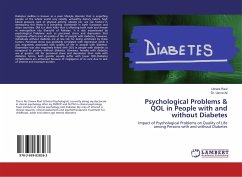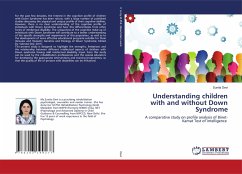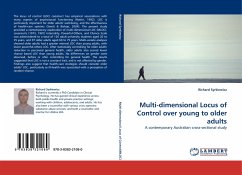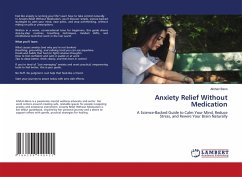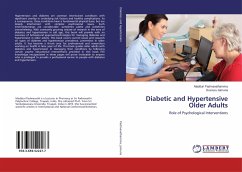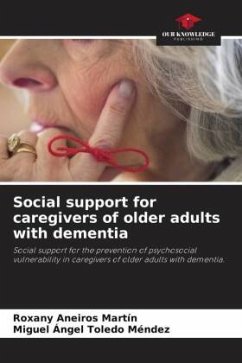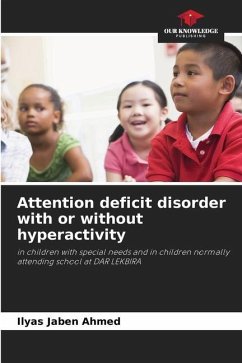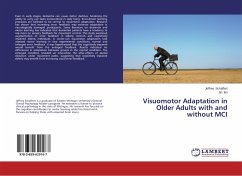
Visuomotor Adaptation in Older Adults with and without MCI
Versandkostenfrei!
Versandfertig in 6-10 Tagen
27,99 €
inkl. MwSt.

PAYBACK Punkte
14 °P sammeln!
Even in early stages, dementia can cause motor declines, hindering the ability to carry out tasks encountered in daily living. Error-driven learning processes are believed to be central to visuomotor adaptation. Research has shown that increasing error feedback may enhance adaptation in neurologically damaged participants. Some literature on dementia and motor learning has indicated that demented patients have a tendency to rely more on sensory feedback for movement control. This study examined augmentation of error feedback in elderly controls and cognitively impaired elderly individuals. A c...
Even in early stages, dementia can cause motor declines, hindering the ability to carry out tasks encountered in daily living. Error-driven learning processes are believed to be central to visuomotor adaptation. Research has shown that increasing error feedback may enhance adaptation in neurologically damaged participants. Some literature on dementia and motor learning has indicated that demented patients have a tendency to rely more on sensory feedback for movement control. This study examined augmentation of error feedback in elderly controls and cognitively impaired elderly individuals. A center-out visuomotor adaptation task assessed motor learning in two experimental conditions: normal and enlarged error feedback. It was hypothesized that the cognitively impaired would benefit from the enlarged feedback. Results indicated no differences in adaptation between groups in the normal condition. The enlarged condition revealed an interaction the after-effects of spatial deviation under movement paths, suggesting that cognitively impaired elderly may benefit from increasing visual error-feedback.



